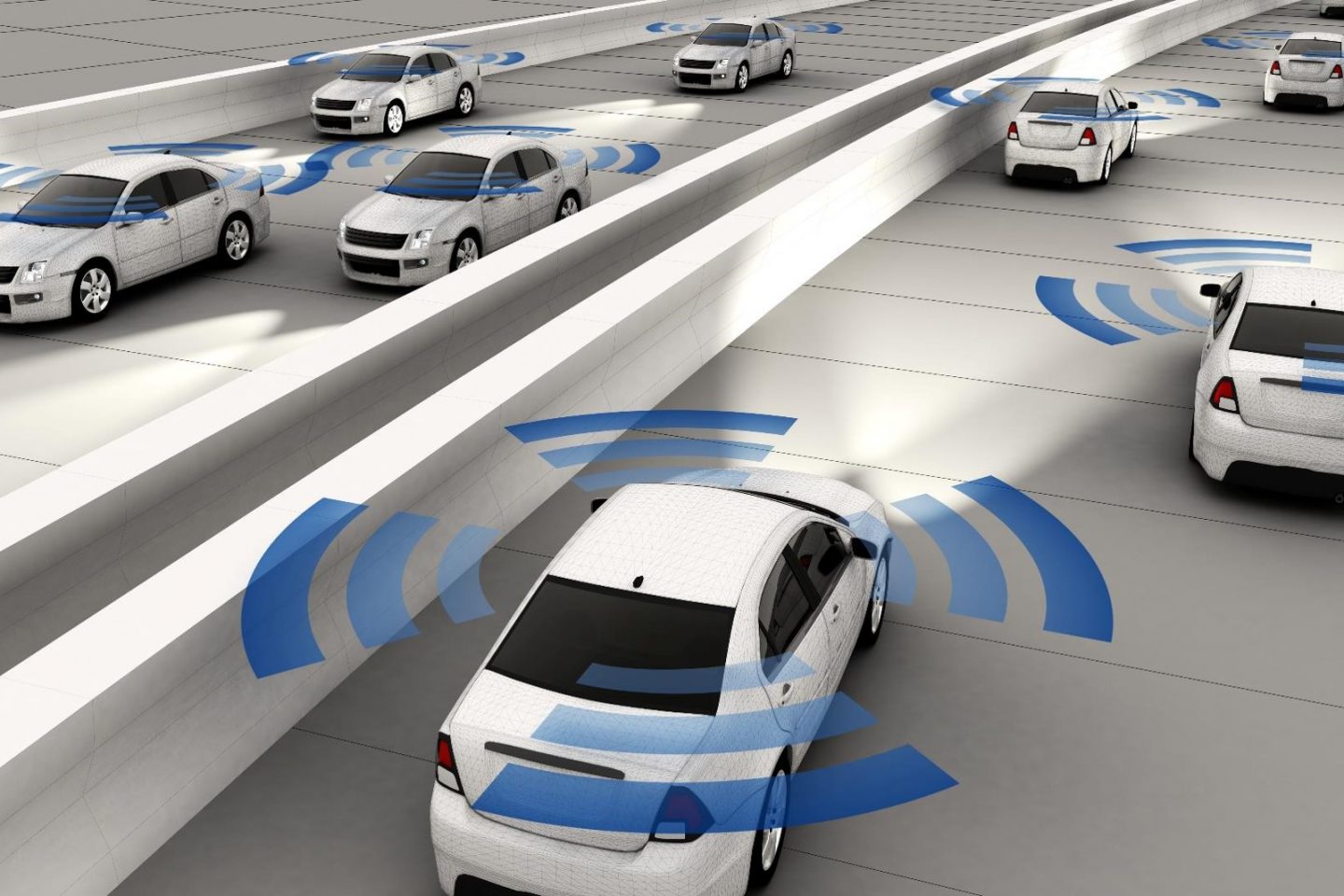Even as electric vehicle technology transforms the industry, most EV chargers still bear a strange likeness to the traditional internal-combustion world, plugging into a port on the car just like an old-fashioned gas pump nozzle.

But some companies, including startup Power Hydrant, are proposing revolutionary changes. The 4- year-old Boston company's technology promises to charge self-driving electric cars, buses and trucks using robotics and sensor-based conductive autonomous fast-charging.
In Power Hydrant's vision, an electric vehicle would enter a charging area, where Wi-Fi will detect it via augmented reality "eyes." It would then create a 3D point cloud, enabling Power Hydrant technology to locate the charging outlet on the vehicle.
A robotic arm would then move the plug into position and enter the socket to charge the vehicle, while remote monitoring tracks the progress of the charge. The data would allow the system to prioritize the charging of multiple parked EVs.
For heavy-duty electric vehicles, the fast-charging would use robotics to carry an ultra-high current through large conductors. The technology uses open-source robotics software to do so.
"Even though we're building a hardware product, it is the software that makes it happen," Power Hydrant founder and CEO Kevin Leary told Automotive News. "We don't have to reinvent the wheel on all of this infrastructure."
Leary, who has 30 years of design and management experience in the industry and was previously product line director at semiconductor company Analog Devices Inc., believes the large conductor cables required for high- powered charging point to a need for a different charging infrastructure.
Chargers currently in use, including high-powered manual chargers and wireless chargers, can be inconvenient, inefficient, heavy, unsafe and expensive. The rise of autonomous vehicles will require more advanced chargers, he said. Autonomous vehicles might not have a human to plug in a charger when necessary.
"Charging these vehicles autonomously and robotically is key," Leary added.
Power Hydrant's concepts are not yet in use, and Leary expects that it will take another decade before autonomous vehicles are in widespread use. But it could be much sooner for heavy-duty vehicles.
The company is undergoing funding rounds and working with automakers and other companies to do trials on its charging concepts. It is working with a logistics operator to start prototype charger trials in early 2020.
Leary said he expects to have up to 1,000 chargers in production over the next year, and afterward to ramp up to more than 10,000 a year.